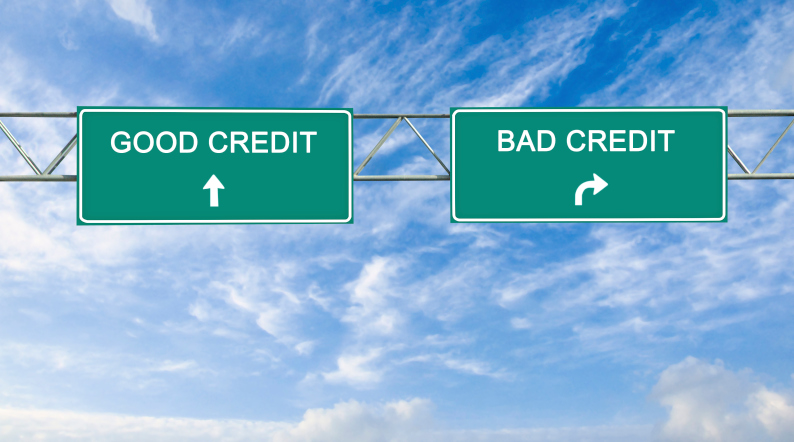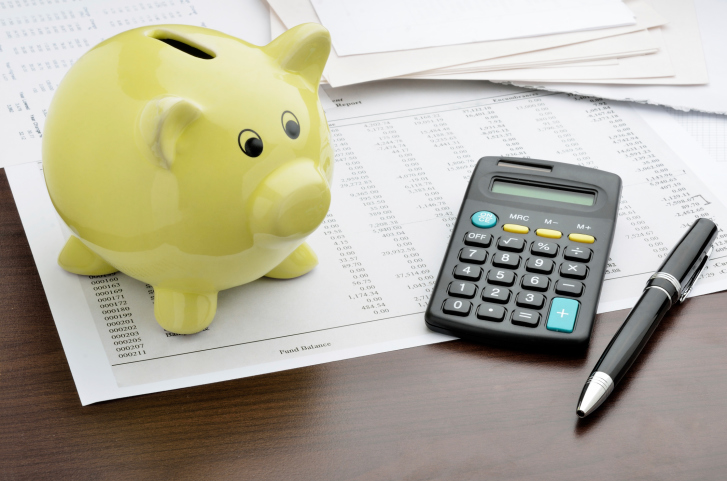Applying for a Mortgage? Three Questions Your Lender Will Ask You – and How to Prepare Your Answers
 Before approving a mortgage, your lender is going to have to do his due diligence to ensure that you can afford a loan large enough to pay for a house. That means your lender will be asking you several questions about whether or not you can afford a mortgage.
Before approving a mortgage, your lender is going to have to do his due diligence to ensure that you can afford a loan large enough to pay for a house. That means your lender will be asking you several questions about whether or not you can afford a mortgage.
Here’s how you can prepare to answer these questions in a way that will increase your likelihood of approval.
How Stable Is Your Income?
Your lender is going to want to know that your income is going to be stable over the life of the loan. This means that you should be able to document steady employment, that investment income is going to be stable or that the alimony that you receive from your former spouse will continue to come in for the foreseeable future. To document your income, you can provide bank statements, pay stubs or tax returns from the previous three years.
How Much Do You Have In The Bank?
A lender is going to be interested in how much you have in reserve in case you lost your job or suffer an unexpected medical expense that could make it harder to pay your mortgage. For a conventional mortgage, you may be required to have three to six months’ worth of expenses in the bank or in other assets that you could liquidate. To show how much you have in the bank, you can provide bank statements or balance statements from any other account where you may get money from if need be.
Where Is The Money For The Down Payment And Closing Costs Coming From?
While some lenders don’t mind if the money is gifted from a qualified source such as a family member, friend or employer, other lenders will require that the money for a down payment or other costs comes straight from your own bank account. To prove where the funds are coming from, you will need to show when the money was deposited into your bank account if using your own funds (or a gift letter if the funds are being gifted).
A mortgage lender needs to be sure that you are able to repay any loan that you are approved for. That means you’ll want to present your lender with solid, documented proof that you have a steady income and ample cash reserves to pay the mortgage and associated fees. For more information about what lenders look for in mortgage applicants, contact a qualified mortgage professional today.
 If you’re thinking of buying a home, you’ve probably been thinking a lot about your credit score as well. Credit scores control so much of what we do in the world of finances, but what does your credit score really have to do with your mortgage? Here are three ways that your credit score could impact your mortgage application.
If you’re thinking of buying a home, you’ve probably been thinking a lot about your credit score as well. Credit scores control so much of what we do in the world of finances, but what does your credit score really have to do with your mortgage? Here are three ways that your credit score could impact your mortgage application. Homeowners who are struggling to make their monthly mortgage payments can make it easier on themselves by cutting costs in other areas. Learning how to budget effectively will likely enable homeowners to pay their mortgage payments on-time, every time. Here are five of the best budget tips:
Homeowners who are struggling to make their monthly mortgage payments can make it easier on themselves by cutting costs in other areas. Learning how to budget effectively will likely enable homeowners to pay their mortgage payments on-time, every time. Here are five of the best budget tips: